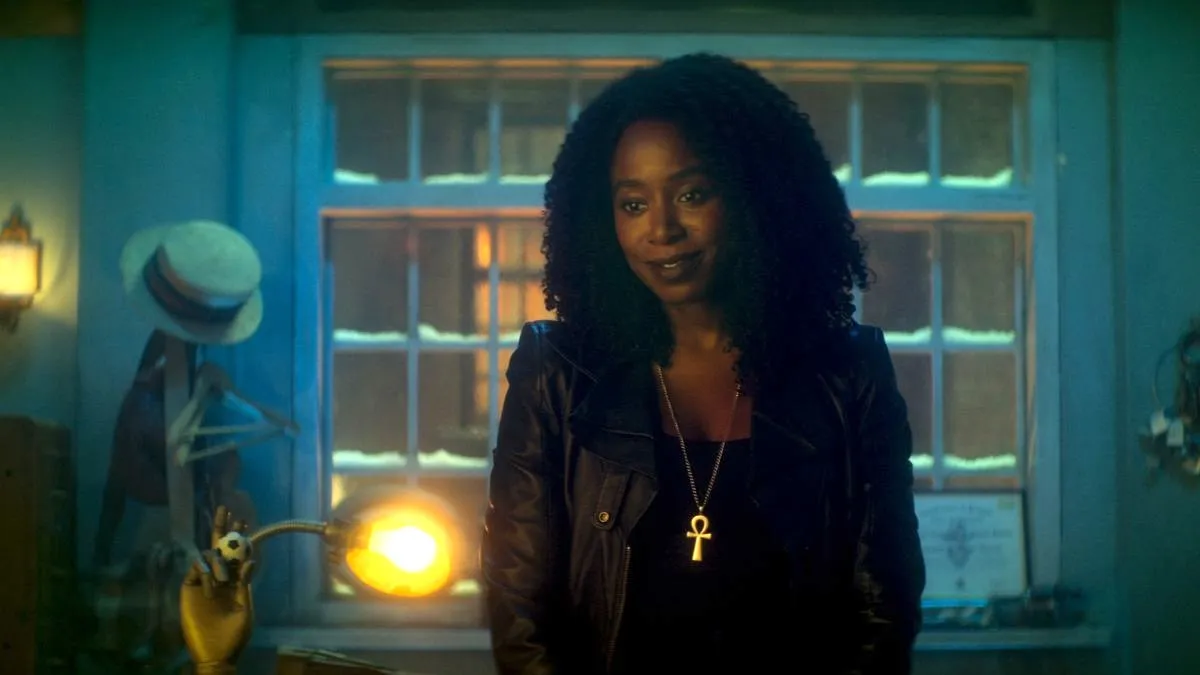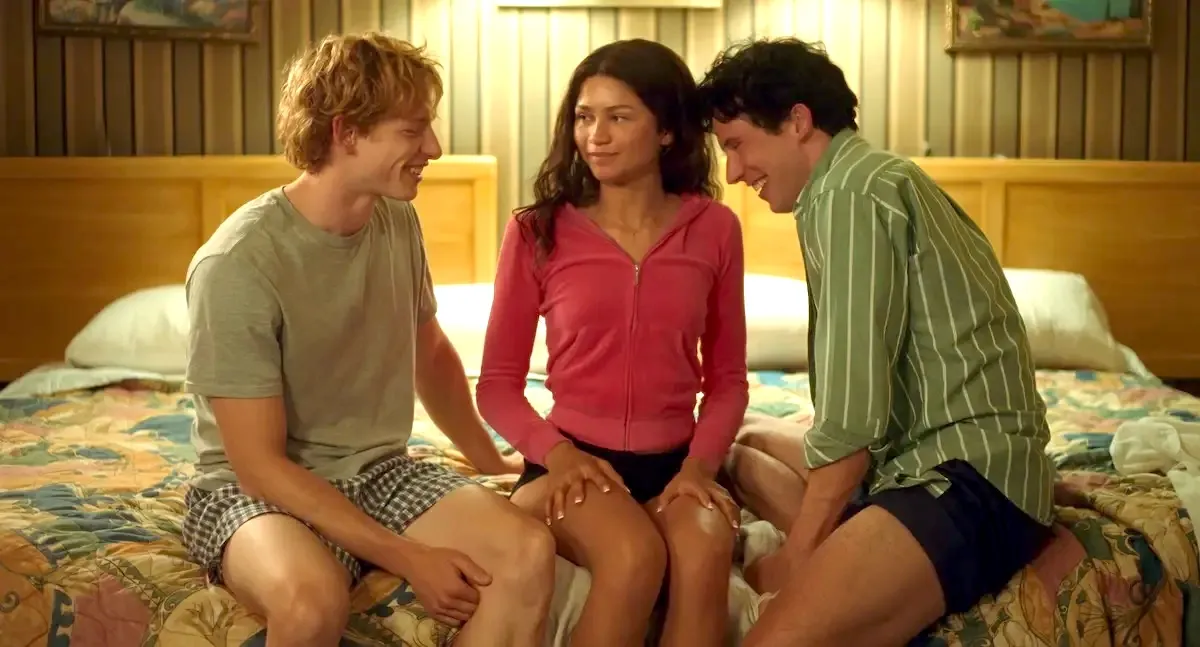Shakespeare’s Romeo & Juliet is a classic love story, but it’s one that may be misunderstood. It’s not the story of a young couple rebelling against their parents. It’s the story of Juliet falling victim to Romeo. It’s a tragedy because of what happens to Juliet, not because their relationship doesn’t work out. We’re supposed to hate Romeo.
This idea was presented to me by comedian Jay Black, a former English teacher who was explaining his theory to a student at Edinboro University last week after a show. (More… so much more on Jay Black and that show coming up on the site soon.)
Romeo & Juliet was written around 1595 (there’s some debate) and first performed soon after. We mention the date here because it’s important to why you’re supposed to hate Romeo. There was rampant famine in England in the 1590s among the poor. Most of the audience showing up to a performance of Romeo & Juliet was probably hungry. They pay what little money they have to see a play to forget their misery for a few hours. Then out saunters Romeo, a little rich boy, whining about love. Besides love, what’s one of the first lines out of his mouth? He asks Benvolio:
Where shall we dine?
Imagine a theater full of starving people hearing that delivered by some beautiful rich kid. He has so many options for where he’s going to get his next meal that he can’t even decide. They’d have thrown tomatoes if they weren’t so hungry.
It’s semiotics. The same way a filmmaker now might show a villain being mean to an animal to signal to the audience that this is the bad guy, Shakespeare included this line to incite the feeling in the audience that they should hate this guy.
Besides talking about food when we first meet him, Romeo is whining about love, but really he’s just mad that Rosaline won’t sleep with him. When he meets Juliet, he doesn’t fall instantly in love, he sees someone he thinks he can have sex with. He uses the fact that Juliet has fallen for him to manipulate her.
Romeo is the worst.
Black told me this theory is one he came to on his own in studying the play, but admits it’s probably not a particularly unique take on the idea. In researching this post, I found no shortage of theories and alternate interpretations of the text, but as his was the first I had heard along these lines, he’s included here as the source.
Beyond Black’s thoughts on Romeo, I have developed some of my own about Paris to further support the idea that Romeo is a villain.
Paris tends to be seen as the guy that Juliet is having forced upon her by her parents, but his conversation with Lord Capulet makes it clear that Capulet doesn’t want them to be married for at least two years, and that although he likes Paris, the young man still needs to win Juliet over. Capulet tells Paris in Act I Scene II:
But woo her, gentle Paris, get her heart,
My will to her consent is but a part;
An she agree, within her scope of choice
Lies my consent and fair according voice.
Paris isn’t being forced on anybody. He loves Juliet. She is Paris’ dying thought at the end of the play after Romeo kills him:
O, I am slain!
If thou be merciful,
Open the tomb, lay me with Juliet.
In researching this, I found another theory on the site Shmoop.com through a Shakespeareforalltime.com post about Juliet’s virginity. It proposes that Juliet’s reluctance to marry Paris isn’t because she’s so in love with Romeo, it’s that she can’t marry him because he’ll know she’s no longer a virgin. As Peter, the writer for Shakespeareforalltime.com, points out, there isn’t much in the text to support this directly, but most of Juliet’s reluctance is about the idea of marriage, and not about Paris specifically.
Whether Juliet realizes the consequence of letting Romeo up on that balcony or not, it’s still true.
So Romeo, in an attempt to get laid, ruins Juliet’s prospects of marrying Paris, kills her cousin, gets banished, and drives a 13-year-old girl to suicide. Romeo’s the bad guy here. Juliet kills herself because her love, Romeo, is dead. Romeo does it because he’s screwed. He’s already been banished, killed Tybalt, and now Paris. What do you think happens next if he walks out of that tomb?
When he finds Juliet “dead,” that’s the last straw. His whole world’s been thrown into upheaval over this girl, and now she’s dead. Romeo, already a desperate man in a desperate situation, doesn’t seen any other option than death.
So why then, do we see it as story about two crazy kids in love? Probably because that’s what people want to see. We’d rather see two kids kill themselves because they’re so in love and the world just doesn’t understand than watch a play where a sex-crazed maniac drives a 13-year-old to kill herself.
(via Jay Black, image via Michelle B.)
- While I’m at it, it’s also not wrong to call “The Creature” “Frankenstein.”
- There’s a Romeo & Juliet quote buried deep in Bioshock Infinite
- Speaking of love, how do you define it? We asked a lexicographer







